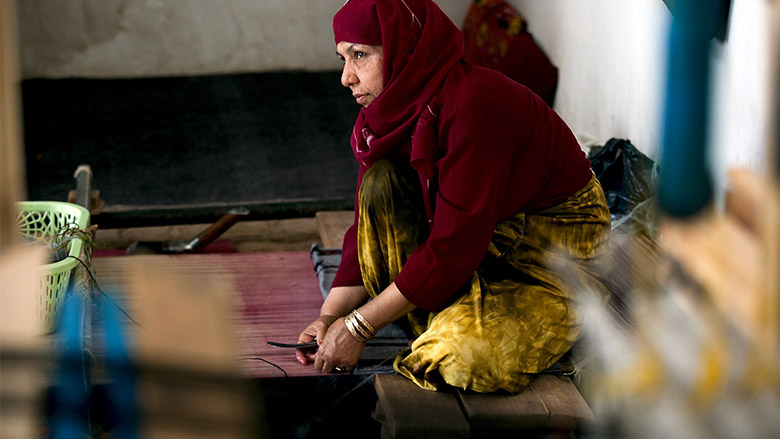Regional integration helps countries overcome divisions that impede the flow of goods, services, capital, people and ideas. These divisions are a constraint to economic growth, especially in developing countries. The World Bank Group helps its client countries to promote regional integration through common physical and institutional infrastructure.
Divisions between countries created by geography, poor infrastructure and inefficient policies are an impediment to economic growth. Regional integration allows countries to overcome these costly divisions integrating goods, services and factors’ markets, thus facilitating the flow of trade, capital, energy, people and ideas.
Regional integration can be promoted through common physical and institutional infrastructure. Specifically, regional integration requires cooperation between countries in:
- Trade, investment and domestic regulation;
- Transport, ICT and energy infrastructure;
- Macroeconomic and financial policy;
- The provision of other common public goods (e.g. shared natural resources, security, education).
Cooperation in these areas has taken different institutional forms, with different levels of policy commitments and shared sovereignty, and has had different priorities in different world regions.
Regional integration can lead to substantial economic gains. Regional integration allows countries to:
- Improve market efficiency;
- Share the costs of public goods or large infrastructure projects;
- Decide policy cooperatively and have an anchor to reform;
- Have a building block for global integration;
- Reap other non-economic benefits, such as peace and security.
However, there are risks to regional integration that need to be identified and managed.
- Countries may have different preferences on priorities for regional integration, depending on their connectivity gaps, economic geography, or preferences for sovereignty in specific areas.
- Regional integration’s impact on trade and investment flows, allocation of economic activity, growth, income distribution are often difficult to assess.
- Lack of adequate complementary policies and institutions may lead to inefficient outcomes. For instance, policy barriers at the border may offset the gains transport infrastructure cooperation.
- Regional integration creates winners and losers, notably within countries. Policies and institutions are needed to ensure that regionalism is inclusive and social, environmental, governance risks are managed.








